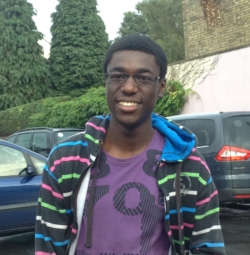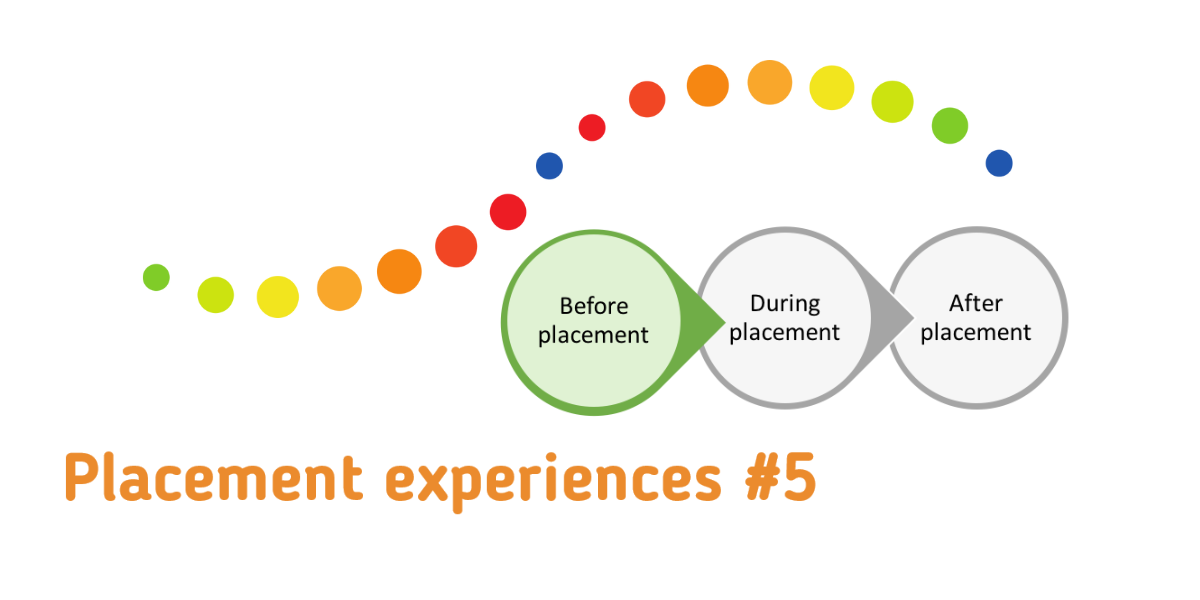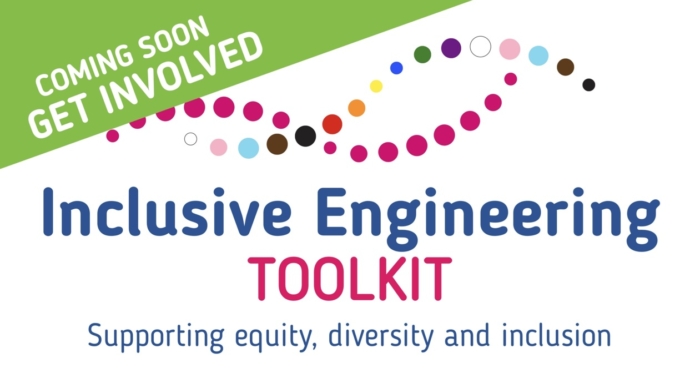 Your Placement Journey Toolkit is designed to support you to get the best from your placement experience. It will help you to think about your placement, looking at your expectations, recognising your own responsibilities alongside those of your university and placement provider.
Your Placement Journey Toolkit is designed to support you to get the best from your placement experience. It will help you to think about your placement, looking at your expectations, recognising your own responsibilities alongside those of your university and placement provider.
Aligned with the Engineering Placements Toolkit, designed for education institutions and employers, this toolkit aims to support your placement experience in three key stages: before, during and after placement.
Tobi Danmole is a mechanical engineering undergraduate at Imperial College London. Last year he did a one-year placement, not only to gain experience and increase his chances of getting a good job, but also to have a break from university and explore the world of work. He has been offered a job in Rolls-Royce, after doing his placement in the company.
Tell us how did you find your placement
My placement wasn’t compulsory for my degree but I knew it would be a really good thing to do in terms of getting a job and also it would be a really good break from university as well, and just kind of exploring the world of work.
So I searched online, went to the websites of the engineering companies I was interested, and looked at the careers section to see if there was anything available.
There was a good support from my university in terms of getting the CV ready, and they do give classes where you can learn about assessment centre techniques and all of that kind of stuff. They have careers fairs which is really good, but you have to take the initiative to look for placements and apply. In my opinion, if these placements were incorporated, somehow, into the university course, it would be really good.
Can you shortly describe you work at Rolls Royce during your placement?
During my time at Rolls-Royce, I worked as a manufacturing engineer which saw me deliver various projects. These projects involved implementing new systems, designed to help the shop floor staff. As a result they directly affected production, improving the efficiency for the shop floor staff, and gave me lots of responsibility.
Because these were new systems that my colleagues had not used before, I also had to train them, so they could use the systems effectively. In total I trained over 200 people, at different levels of the business, which was definitely not something I would have thought I could do, let alone have the opportunity and be given the responsibility to do so as well. Because of my expertise in these areas, I was able to support the business in many ways throughout my year, and my colleagues were able to support me, so that together a common goal was reached: Build aero engines!
What did you enjoy the most and the least in your placement?
The placement experience was really good overall. I enjoyed the freedom of being able to help in any way that I could, and just being useful. I really did enjoy it, and it was a really good break from university, which was exactly what I wanted.
In the beginning of my placement I was given a number of tasks that weren’t exactly the most interesting. And so at the beginning it was quite boring, but at the same time I almost feel like I needed that in order to actually get to know what was going on because I had no idea. It´s a bit frustrating that you do have to go through that stage of being given less exciting tasks to do, but because you are new there, you have to understand and go through that period. I think it took me like 6 months to thoroughly understand what I was doing. So, I think you just need to stick with that and then you will be able to do more useful stuff, which I was able to do. But first I just needed to understand what exactly was going on.
What do you consider to be the 3 most important features of a quality placement?
I would say, number one, depends on you as a person. You need to be available. If you don’t look for opportunities to do stuff and get stuff done, then they are not going to come after you. You need to be outgoing. Just make yourself available to do whatever needs to be done.
And number two would be the people around you, because obviously you are working with other people so they need to be able to support you and they need to be friendly and guide you as best as they can, because they have more experience than you. You are coming in as a newcomer, and it´s great if you have people to help each other out and just create a good work environment.
And three, I would say keeping focused. Keeping focused in terms of staying on the task, staying on the goal, trying to achieve and accomplish what you have to do.
To what extent has this experience benefited your professional and educational life?
I am not sure just yet… But the good news is that they offered me a job, which is really good! So this year all of my friends in university have been looking around for jobs and I don’t have to worry about that. It has taken a huge weight from my shoulders this year. But at the same time it hasn’t really helped that much in terms of what I am learning right now. With my year out, I forgot a whole bunch of stuff. So when I came back I had to remember it all and pick it up all over again. Which mean that it was harder to readjust to university, but I wouldn’t take it back. It definitely helped in terms of the softer skills, like communication, being organised and making sure that I was getting my tasks done on time.
What 3 key pieces of advice would you like to share with fellow students?
Number one, I would say get stuck in. Make yourself known and get familiar with the place you are in.
Number two, I would say do fun stuff with everyone else and go out and just enjoy other peoples’ company at work. See how you can build relationships and friendships that way, and just network, basically.
And number three, I would say, just a bigger number one! I think getting stuck in is really important. If you don’t stuck in, then nothing will happen for you. If you don’t get stuck in, employers won’t see your desire to actually want to be there, and so nothing happens. If that’s where you would like to work, you have to give the right impressions so that they will hopefully offer you a job afterwards.
Any views, thoughts, and opinions expressed herein are solely that of the author(s) and do not necessarily reflect the views, opinions, policies, or position of the Engineering Professors’ Council or the Toolkit sponsors and supporters.




